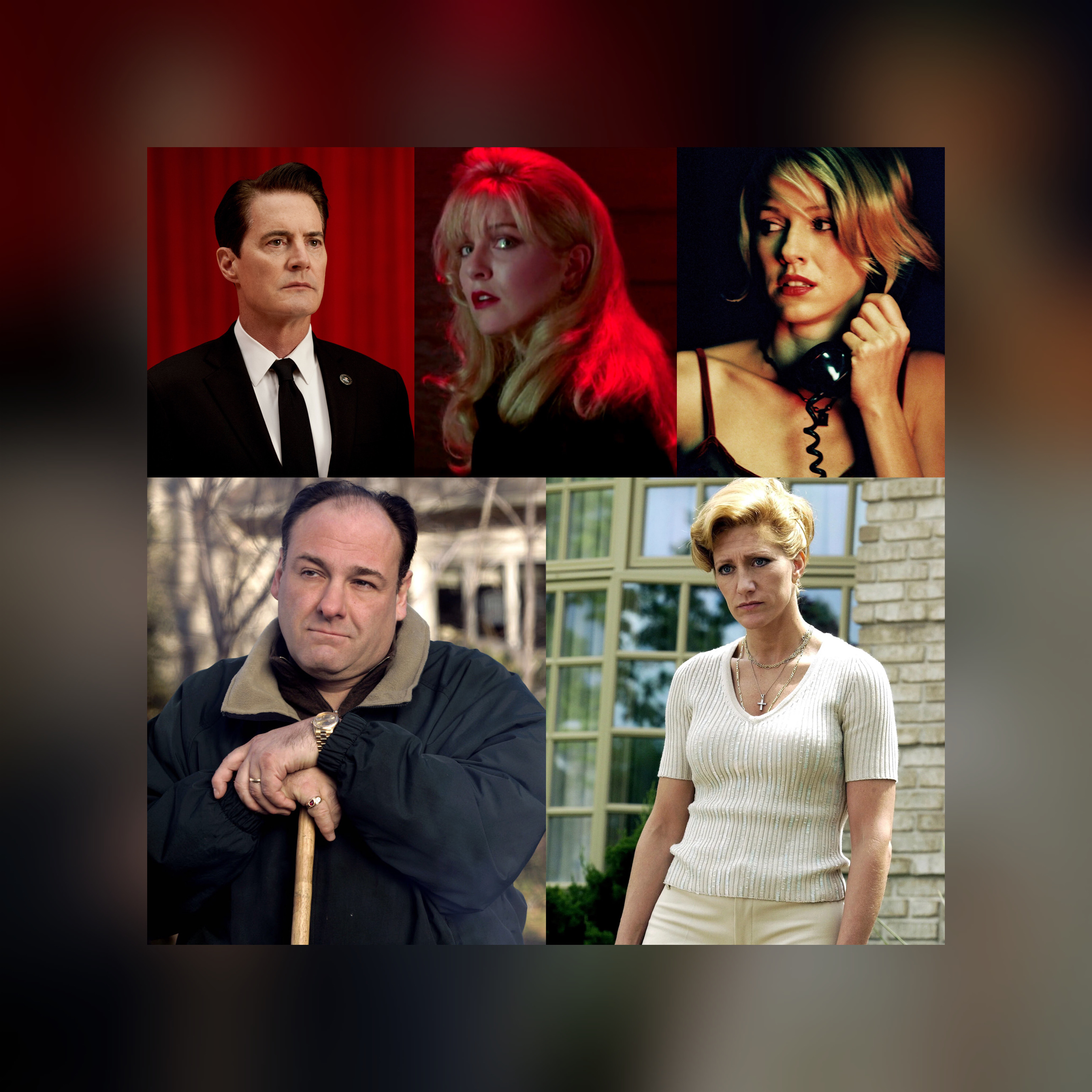Novecento: “From the Cradle to the Grave - Victims of History and Change!”
- Aran Donnelly
- Dec 5, 2021
- 3 min read
Updated: Feb 22, 2023

Reviews by:
@tvnerdaran
RATE THIS MOVIE
6
5
4
3
Bernardo Bertolucci’s sprawling historical epic, “1900” is in my mind, arguably the pinnacle of everything a film should be. It is a sprawling socialist epic which charts the rise of fascism in Europe throughout the first half of the 20th century through the eyes of two childhood friends: one a wealthy landowner named Alfredo Berlinghieri (played by Robert De Niro), and one a working-class peasant named Olmo Dalcò (played by Gérard Depardieu). It also stars my favourite actor (Robert De Niro), is scored by my favourite film composer (Ennio Morricone), and is shot by my favourite cinematographer (Vittorio Storaro), all of which adding immensely to my love for the film. It is undeniably one of the most sprawling and ambitious epics ever committed to celluloid.
As much as I find a few notable scenes repulsive and difficult to stomach, the film’s sheer power and relevance is undeniable. As a socialist, a cinephile, and a history lover, this film clicks all the right boxes with me, as it presents the first half of Italy’s 20th century and the rise of fascism in Europe through the eyes of these two friends. Born on January 27, 1901 (the date of Giuseppe Verdi’s death), the trials and tribulations of Alfredo and Olmo as they experience the rise of fascism and socialism in Europe all the way up until Liberation Day on April 25, 1945, the film’s epic scope and sprawling ambition easily rivals that of fellow favourites such as “The Godfather” films, and “Once Upon a Time in America”.
This multi-generational saga has masterful performances all around. De Niro and Depardieu are both absolutely masterful as the two main leads, whose friendship are continuously tested by their social and class differences. The beautiful Dominique Sanda and Stefania Sandrelli give immensely sympathetic and captivating performances as the women Alfredo and Olmo love, with old Hollywood veterans Burt Lancaster and Sterling Hayden’s performances as Alfredo and Olmo’s grandfathers entrenching the film in a mythic embracement of the young and old/old and new. But the most surprising transformation is undoubtedly Donald Sutherland as Attila Mellanchini, the sadistic and monstrous fascist who lords over and terrorises the peasants throughout the second half of the film. Sutherland, known for his kind, elegant and gentle persona, completely disappears into the role of Attila, foregoing his usual charm and charisma to play a sadistic and monstrous psychopath who uses his political power to commit horrific and unspeakable atrocities, encapsulating the visceral horrors of fascism in 20th century Europe. Unsurprisingly, Sutherland was unable to watch the film for years as he was so upset and distressed upon watching his own frightening performance. The large international ensemble cast all help to solidify 1900’s status as one of cinema’s most sprawling and ambitious multi-generational epics.
The film is also beautifully shot by the legendary Vittorio Storaro, whose stunning contrast of bright colours and golden hues in the childhood and Liberation Day scenes, with the bleak and grey desaturated colours of the Fascist period, rivals that of his achievements in both “The Conformist” and “Apocalypse Now”. Lastly, the film is masterfully composed by Ennio Morricone, whose deeply powerful score widely ranges from bombastic and revolutionary, to emotional and solemn. Everyone involved in the film, cast and crew, brings their absolute A-game in bringing this sprawling saga of friendship, love, betrayal, socialism, fascism, class divides and the tidal waves of history to the silver screen.
With this film, Bertolucci masterfully blends the epic melodramatic scope of early Hollywood with the radical revolutionary aesthetic of early Soviet cinema, aiming to in his words, build a bridge between the US and Soviet cinema which he so passionately loved. Lastly, the film remains as powerful and relevant as ever in the 21st century, with both the continuing class divides between rich and poor, and the rise of far-right politicians in both the US and Europe, ensuring that this film and its message remains just as relevant in 2021, if not more so, than when it was first released in 1976.
The film’s sprawling ambition and epic scope can be best summed in its famous promotional tagline, “From the cradle to the grave - victims of history and change!”. With this film, Bertolucci creates a masterful and sprawling saga of history and politics that rivals even that of the “Godfather” films and “Once Upon a Time in America”. Despite some of its extremely graphic violence and sexually explicit content which can admittedly be at times very difficult to stomach, there is no doubt in my mind that this film is the very definition of a cinematic masterpiece, and the crème de la crème of what a film should be.
By @tvnerdaran
RATE THIS REVIEW
6
5
4
3











Comments